When a major star leaves a hit show, it sends shockwaves through the industry—and the audience. Sometimes it’s about money.
Sometimes it’s behind-the-scenes drama. And in a few cases, it’s the actor’s choice to move on.
Here are 10 unforgettable moments when top TV stars walked away (or were forced out) of smash-hit series—and what happened next.
Valerie Harper – Valerie
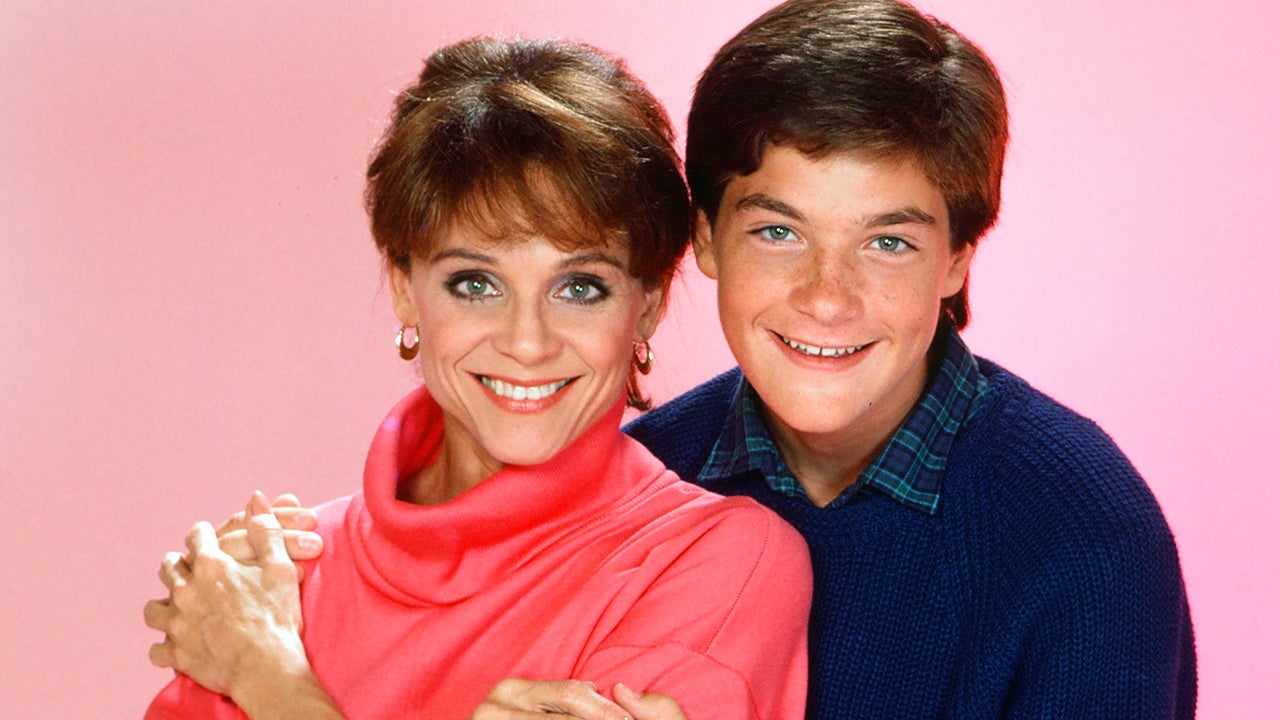
Valerie Harper was the face of Valerie, a family sitcom launched in 1986 on NBC.
But behind the scenes, Harper clashed with producers over salary and creative control.
After just two seasons, she was fired from the show that bore her name.
NBC continued the series without her, rebranding it first as Valerie’s Family, then as The Hogan Family.
Sandy Duncan was brought in to fill the void, but fans never forgot the shock of seeing Valerie killed off abruptly. Harper sued—and won a settlement.
Suzanne Somers – Three’s Company
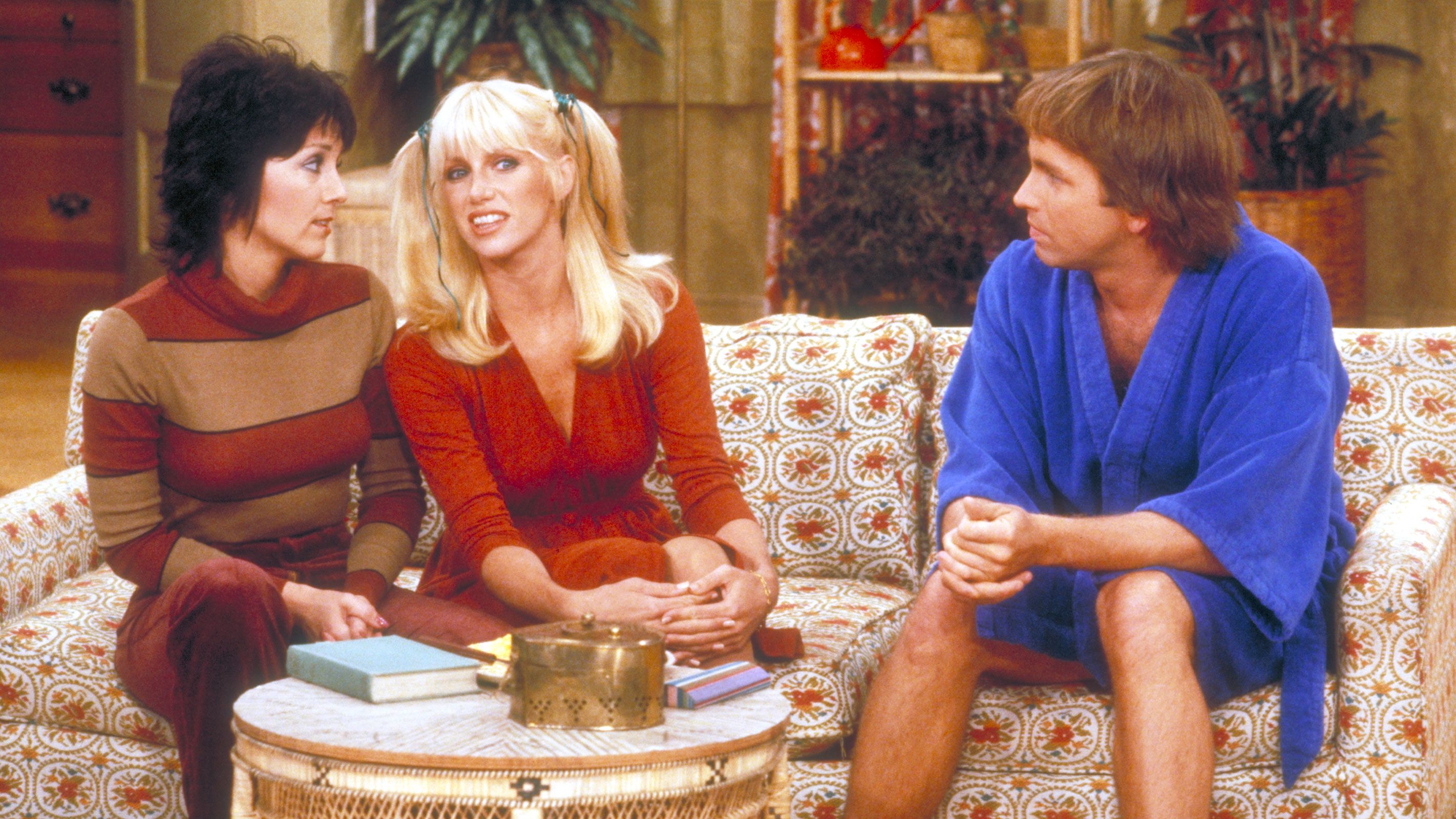
In 1980, Suzanne Somers was at the peak of her popularity as Chrissy Snow on Three’s Company.
But when she asked to be paid the same as co-star John Ritter, she was denied—and promptly written off the show.
Somers’ exit was messy. Her role was minimized, and eventually replaced by new characters.
She wouldn’t reconcile with her co-stars for decades.
Yet her departure became a symbol of the early fight for equal pay in Hollywood.
Shelley Long – Cheers
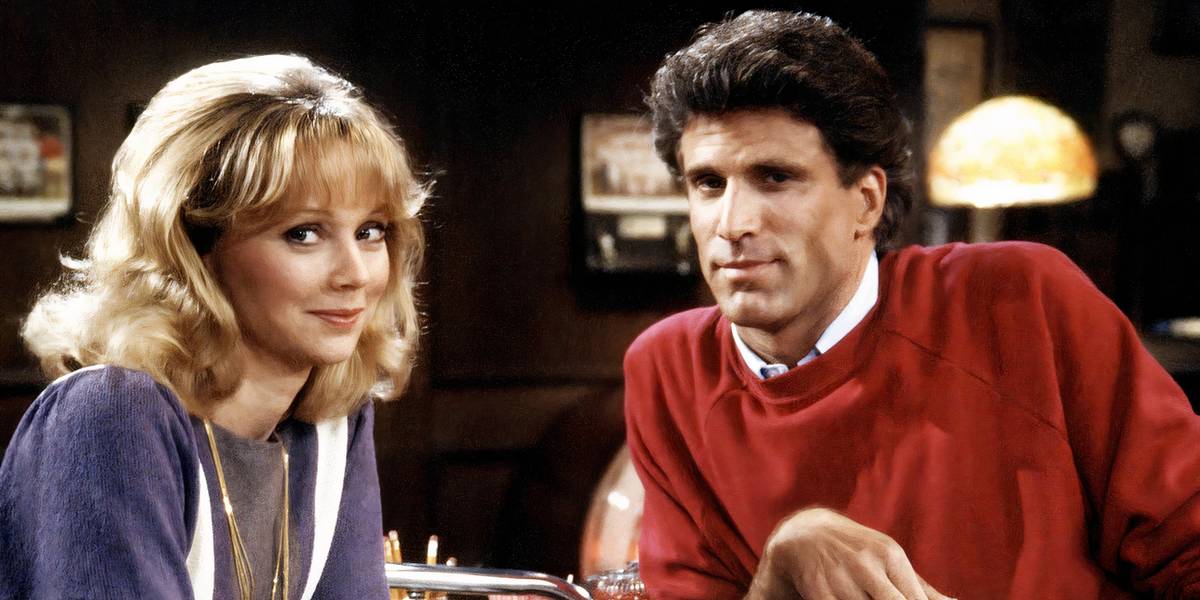
Shelley Long played Diane Chambers, the witty, intellectual love interest of Ted Danson’s Sam Malone on Cheers.
When Long left after season 5 in 1987 to pursue a film career, fans feared the show would collapse.
But Cheers survived—arguably thrived—after her departure. Kirstie Alley joined the cast as Rebecca Howe, and the show remained a ratings powerhouse for six more seasons.
Steve Carell – The Office
:max_bytes(150000):strip_icc():focal(749x0:751x2)/the-office-steve-864d7814dbcc4807944c7ea609c4972a.jpg)
Steve Carell’s departure from The Office in season 7 marked a major turning point. As Michael Scott, he was the heart of the series.
His contract ended, and Carell quietly exited, citing family reasons and a desire to pursue other roles.
The show continued for two more seasons, but many fans felt it never fully recovered from losing its central character.
Charlie Sheen – Two and a Half Men
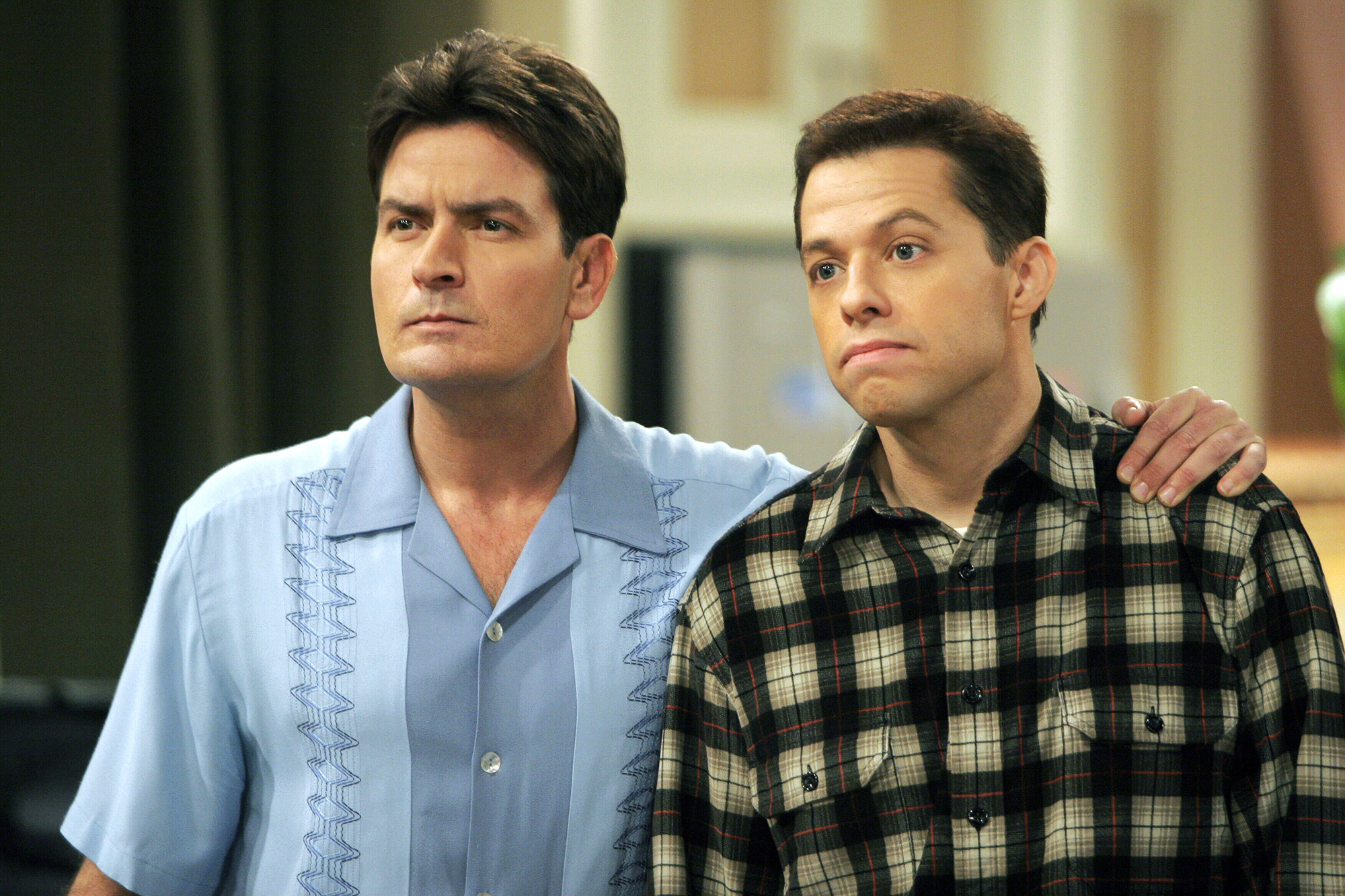
Charlie Sheen’s highly publicized meltdown in 2011 led to one of the most talked-about firings in TV history.
After feuding with creator Chuck Lorre and making bizarre media appearances, Sheen was terminated from Two and a Half Men.
The show replaced him with Ashton Kutcher and continued for four more seasons—but never quite recaptured its earlier success.
Sheen later called it a “relief” to be off the show, while CBS tried to move on.
Jason Bateman – The Hogan Family
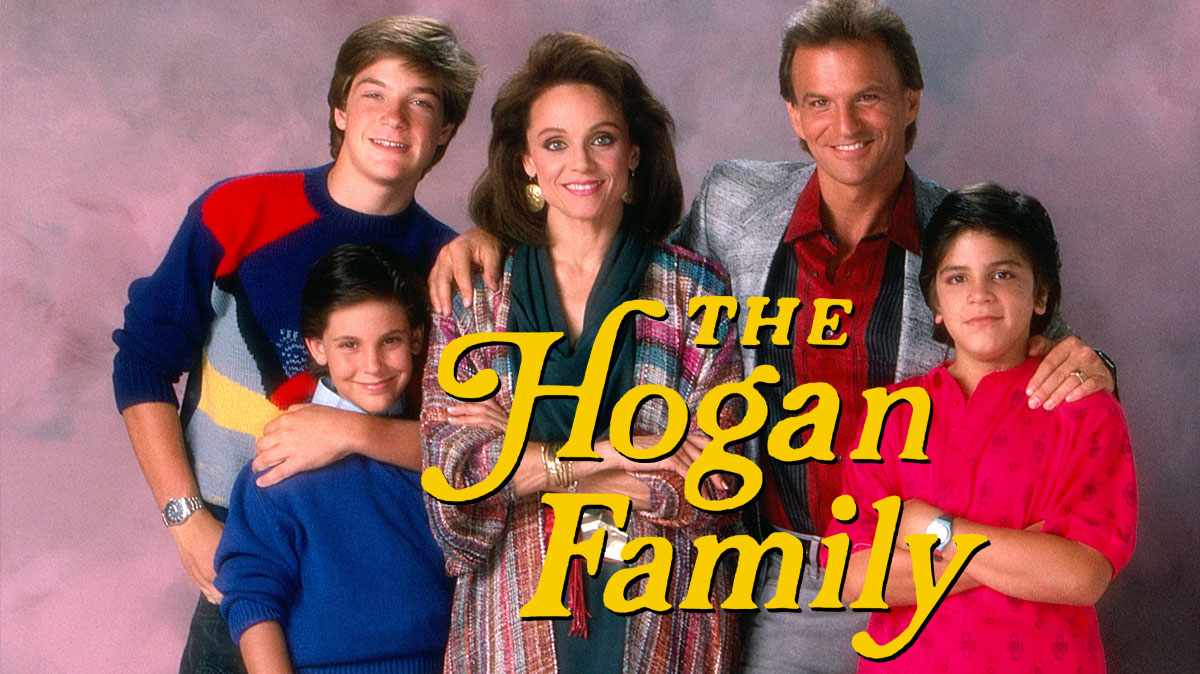
Though Bateman wasn’t fired, his story is unique. Initially cast as a supporting teen character in Valerie, he unexpectedly became the show’s breakout star.
When Valerie Harper was fired, Bateman’s character was elevated, and he became the unofficial face of The Hogan Family.
His career soared from there, eventually leading to starring roles in Arrested Development and Ozark.
David Caruso – NYPD Blue

David Caruso’s early exit from NYPD Blue in 1994 is often cited as one of the worst career moves in TV history.
After just one season, he left over a contract dispute, hoping to become a movie star.
The films flopped, and his career stalled—until he was cast as Horatio Caine on CSI: Miami nearly a decade later.
Katherine Heigl – Grey’s Anatomy

Katherine Heigl’s time on Grey’s Anatomy ended amid growing tensions.
After winning an Emmy, she withdrew her name the following year, saying she hadn’t been given “the material to warrant a nomination.”
Rumors of clashes with creator Shonda Rhimes and behind-the-scenes drama led to her character being written out in season 6. Heigl later said she handled things poorly.
Topher Grace – That ’70s Show

Topher Grace, who played Eric Forman, left That ’70s Show after season 7 to pursue film work.
His exit marked a noticeable shift in tone and chemistry.
Although he returned briefly in the final episode, fans largely agree that the show was never quite the same without him at the center.
Michael J. Fox – Spin City

Michael J. Fox stepped down from Spin City in 2000 after revealing his Parkinson’s diagnosis. He had been battling symptoms privately for years.
Fox’s graceful exit was written into the show, and Charlie Sheen was brought in as his replacement.
Fox’s departure was met with tremendous support, and his decision raised public awareness about Parkinson’s disease.
He continued to act selectively and became a prominent advocate for medical research.
